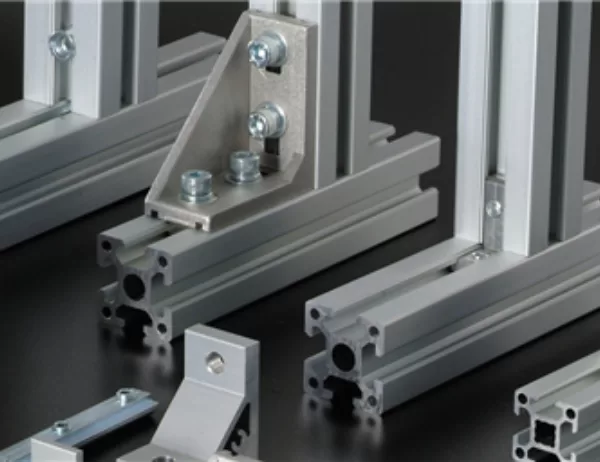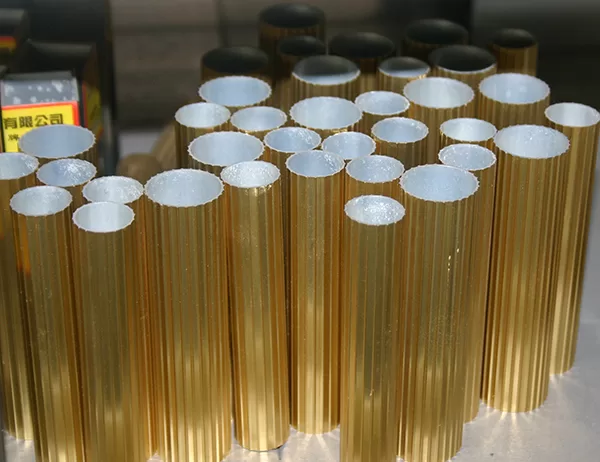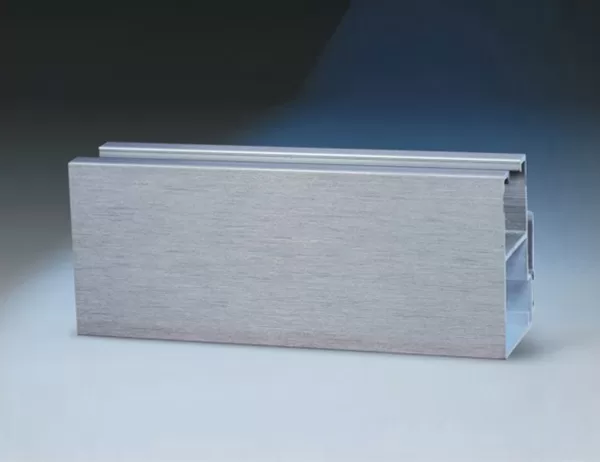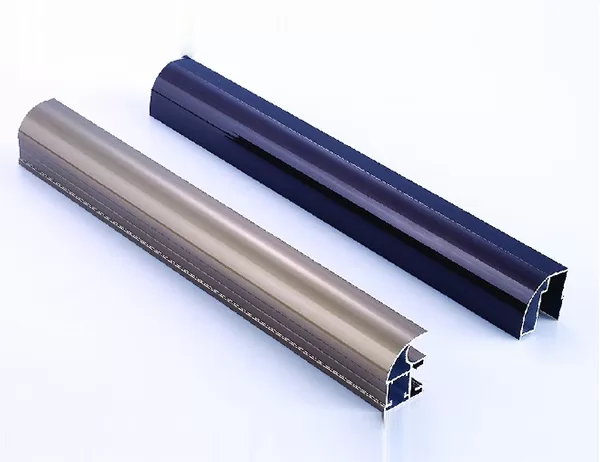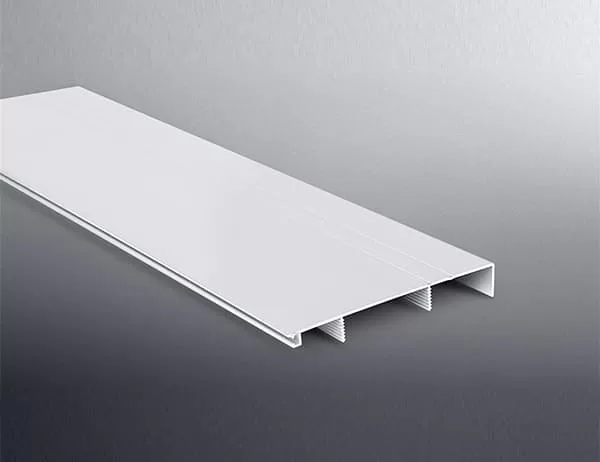Aluminium extrusion pipes are versatile and durable products that find applications in various industries, including construction, transportation, and engineering. Selecting the right aluminium extrusion pipe for your project is crucial to ensure optimal performance and longevity. Here’s a comprehensive guide to help you make an informed choice:
The material composition of an aluminium extrusion pipe determines its strength, corrosion resistance, and weldability. Common alloys used include:
6063: This alloy offers a good balance of strength, corrosion resistance, and formability. It is widely used in structural applications, such as window frames and curtain walls.
6061: This alloy is known for its high strength and good machinability. It is commonly used in aerospace, automotive, and marine applications.
7075: This alloy provides the highest strength among the common alloys and is ideal for heavy-duty applications, such as load-bearing structures and military equipment.
The shape and dimensions of the aluminium extrusion pipe should match your specific application requirements:
Shape: Aluminium extrusion pipes can be round, square, rectangular, or custom-shaped to suit unique design needs.
Diameter or Cross-Sectional Area: Choose a pipe diameter or cross-sectional area that provides sufficient load-bearing capacity and fluid flow.
Wall Thickness: The wall thickness determines the strength and weight of the pipe. Consider the pressure and load requirements of your application.
Various surface treatments can enhance the performance and appearance of aluminium extrusion pipes:
Anodizing: This process creates a protective oxide layer that improves corrosion resistance and durability.
Powder Coating: This involves spraying a powdered coating material onto the pipe, resulting in a durable and customizable finish.
Mechanical Polishing or Brushing: These techniques provide a smooth or textured surface that enhances aesthetics and resistance to scratching.
Understanding the mechanical properties of aluminium extrusion pipes is essential for structural applications:
Tensile Strength: This measures the pipe’s resistance to stretching or pulling forces.
Yield Strength: This indicates the stress at which the pipe begins to deform permanently.
Elongation: This measures the pipe’s ability to stretch without breaking.
In addition to the above factors, consider the following aspects when selecting aluminium extrusion pipes:
Manufacturing Capabilities: Ensure that the manufacturer has the equipment and expertise to produce pipes of the desired shape, dimensions, and tolerances.
Quality Assurance: Request documentation of quality control measures, such as material testing and dimensional inspection.
Customizability: Discuss the possibility of customizing the pipe to meet specific design requirements, such as heat treatment or special finishes.
